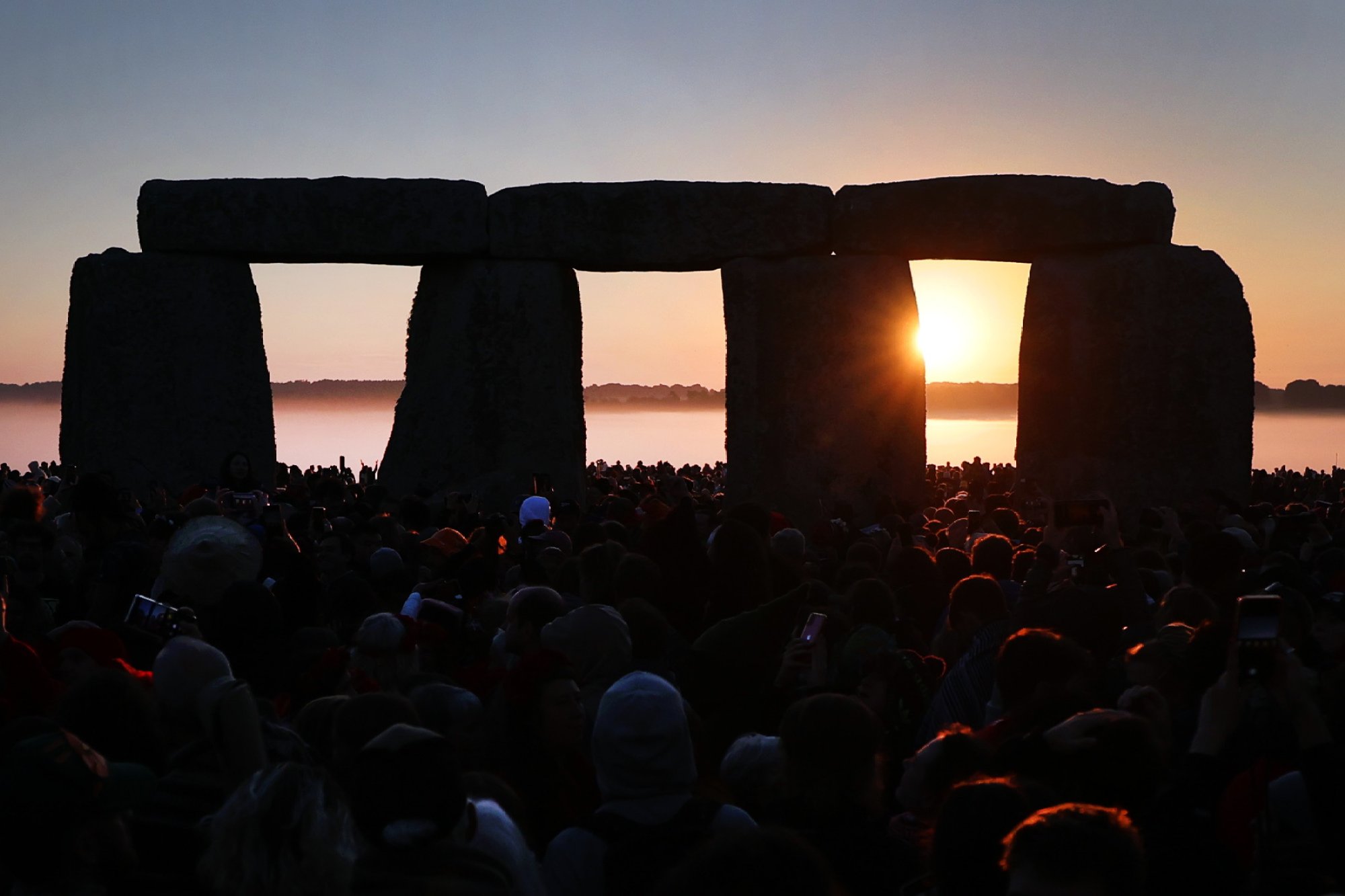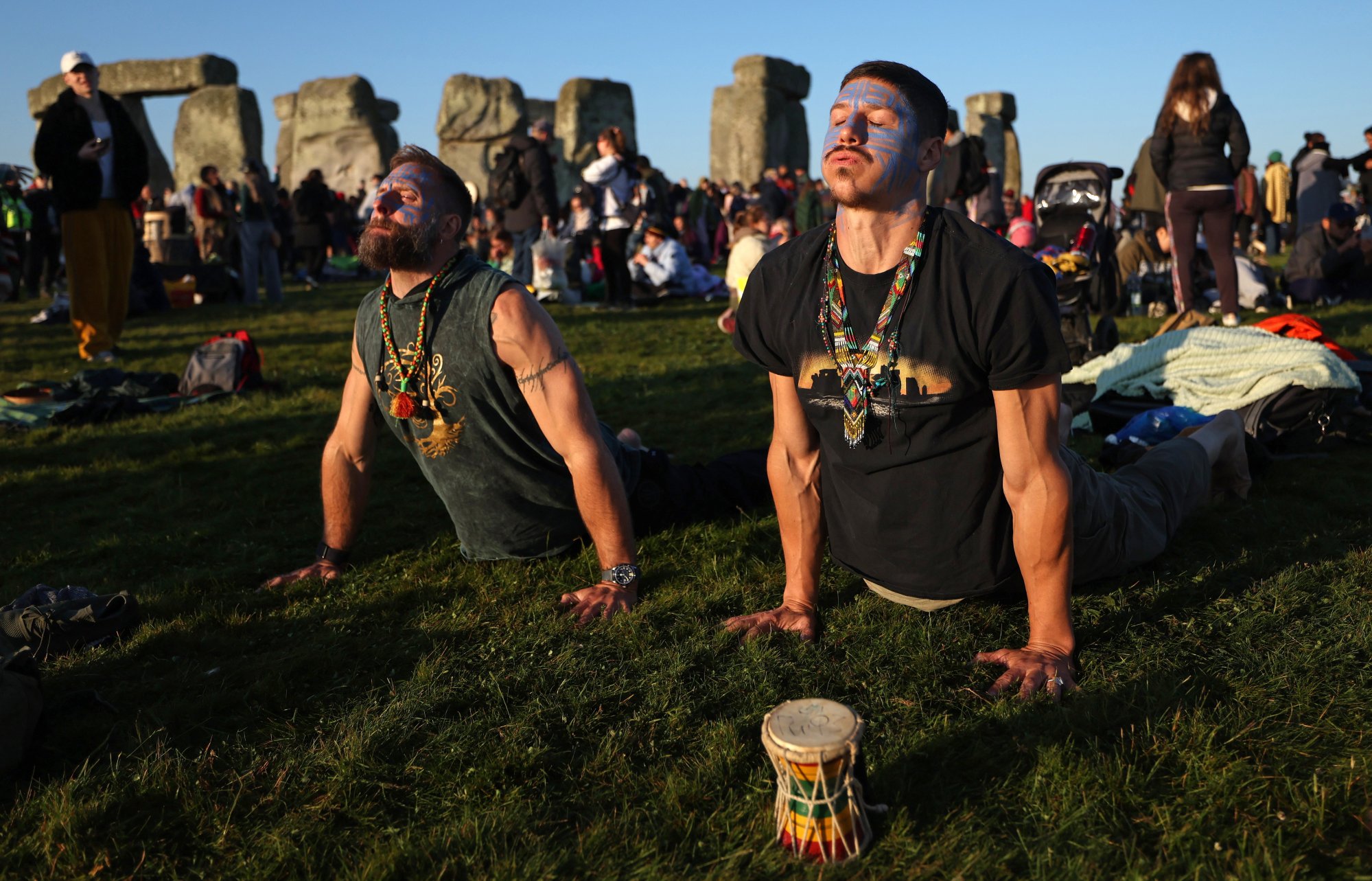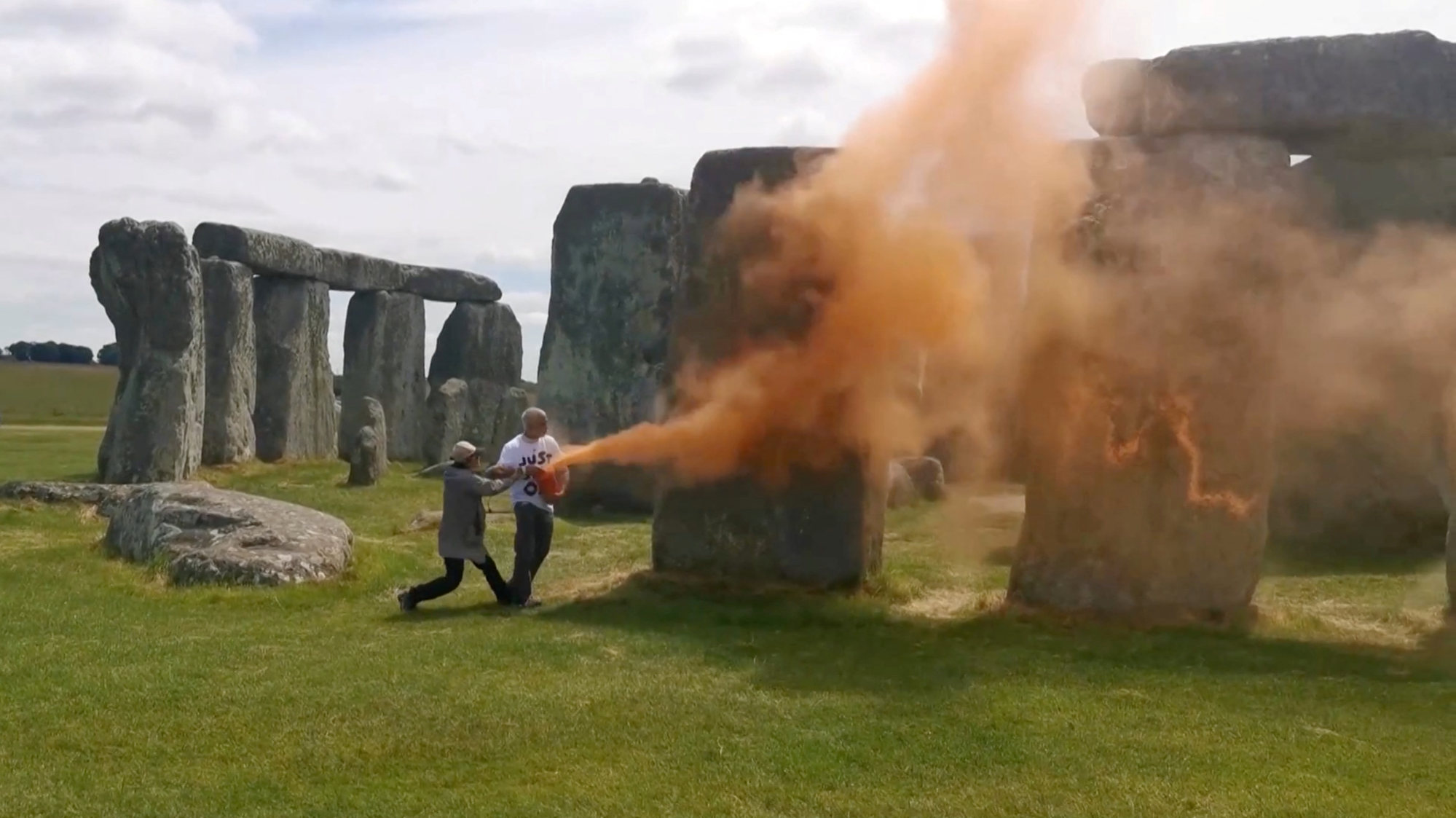The United Nations’ cultural organisation, Unesco, said on June 24 that it had recommended adding Stonehenge, the renowned prehistoric site in England, to its World Heritage in Danger list, in what would be seen as an embarrassment for London.
In a written decision, the World Heritage Committee recommended that Stonehenge be added to the heritage-in-danger list “with a view to mobilising international support”.
The decision will have to be voted upon by the member states of the World Heritage Committee at a meeting in New Delhi, India, in July, but one diplomat said that the decision would probably be approved.

Stonehenge has had Unesco world heritage status since 1986, but in July 2023 the British government approved the building of a controversial road tunnel near Stonehenge despite efforts by campaigners to halt the £1.7 billion (US$2.16 billion) project.
The diplomat pointed out that London had decided to approve the project “despite repeated warnings from the World Heritage Committee since 2017”.
The planned tunnel is intended to ease congestion on an existing main road to southwest England that gets especially busy during the peak holiday periods.
Experts have warned of “permanent, irreversible harm” to the area and its spiritual value.

Built in stages between around 3000BC and 2300BC, Stonehenge is one of the world’s most important prehistoric megalithic monuments in terms of its size, sophisticated layout and architectural precision.

Unesco World Heritage status can help boost tourism to an area or country, but it comes with obligations to protect the site.
The port city of Liverpool, in northwest England, lost its World Heritage status for its docks in 2021 after Unesco experts concluded that new real-estate developments in the city had taken too much of a toll on its historical fabric.
Additional reporting by staff reporter

